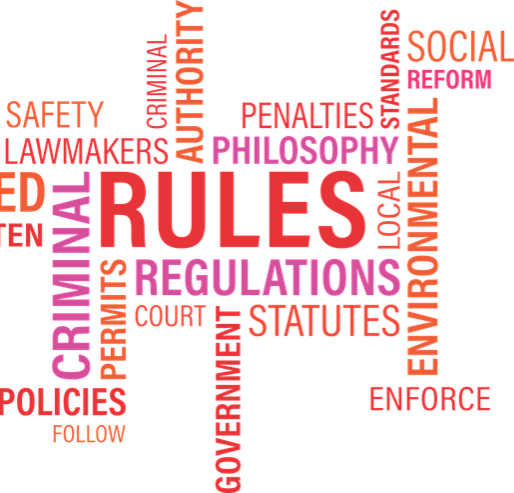Health and Safety villain or hero?
I have a friend who, whenever we go somewhere, checks where the emergency exits are -at the theatre, cinema, restaurants. She’s the person on the plane intently following the flight attendant’s pre-flight safety announcements. Most of us don’t do this; we don’t consciously check every time we enter a school, a hospital an office block that it’s safe. Come to think of it most of us don’t ask ourselves if the meat on the menu is really beef and not, for example, horse meat pretending to be beef! We put our trust in organizations and institutions – in individuals whose job it is to make sure we are safe.
Since the passing of Factory Act of 1802, and the introduction of much of our modern day Occupational Safety and Health regulations, living in the 21st Century is safer than it has ever been. That box is ticked; those days of distrust and danger are behind us. But, for some, we are living in a world where ‘health n’ safety’ has taken over. You can’t move for all the regulations and procedures that have to be followed. You can’t cook, sell, build or even knock something down without a raft of regulations telling how to do it and how not to do it.

However, something has gone wrong – terribly wrong. Just look at the list of Public Inquiries, and they tell a different story. – Herald of Free Enterprise 1987; The Lakanal House Fire 2009; Hillsborough Independent Panel 2012 (Taylor Report (1990); Elliot Review 2014 (Horsemeat scandal) and now the Grenfell Inquiry is to be added to the list.
The reason I don’t take a testing kit with me when I go out for a meal is that the food has been tested and certified that it’s safe. It’s the same reason that I don’t have to check that emergency exits work and that sprinklers are installed when I go into a building: a procedure has been followed and certificates issued saying – this place is safe.
When we lose faith in the institutions and organizations that have responsibility for protecting us, our trust and confidence in the society we live in diminishes. Inquiry after inquiry, piece by piece, reduces that confidence.
Yes, we do need to have investigations into the how and the why? In addition, crucially, we need to identify the lessons that need to be learnt, so that we don’t have to keep saying ‘so that no one else will have to go through the same thing.’ But let’s not wait until it all goes wrong to own up to mistakes and then, too late, implement recommendations.
Peoples lives are too precious, and having to keep on learning from their deaths is a price we should not be prepared to pay.
